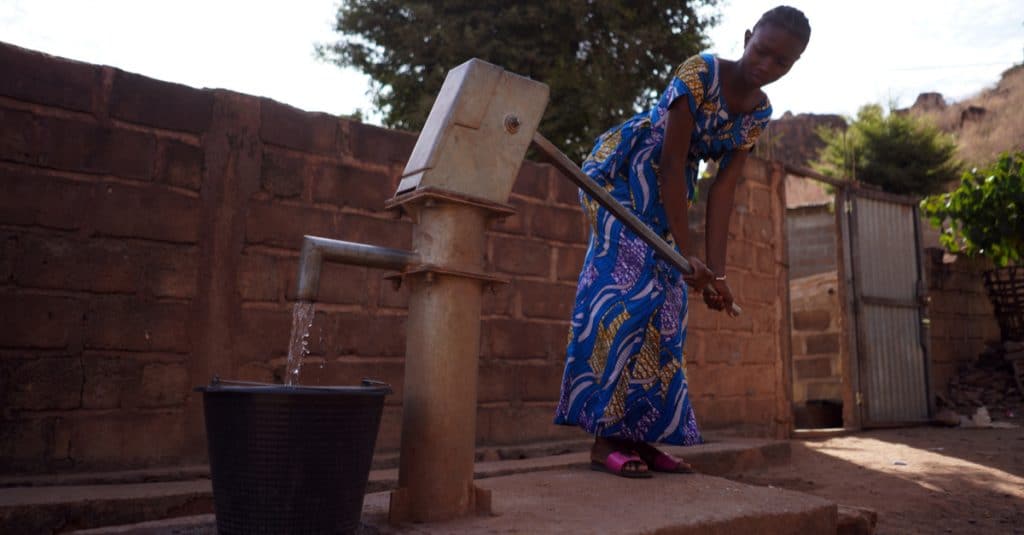OXfarm highlights the distressing relationship between African women and climate degradation. This is one of the sections of its report entitled “Time to care”, presented on the 21st of January 2020 to world leaders at the World Economic Forum in Davos, Switzerland.
The report shows that 42% of women of working age worldwide do not do so because of their family duties. They are responsible for all care, compared to only 6% of men. This includes childcare and household chores. In Africa the situation is even worse, because “the 22 richest men in the world have more wealth than all the women on the continent”.
Africa is the part of the world where the effects of climate change are expected to be the most devastating. The relentless consequence: more suffering for women is to be expected. “Climate change could worsen the global care crisis: by 2025, up to 2.4 billion people will live in areas without adequate water, and women and girls will have to travel even longer distances to fetch it,” the report says.
To address this situation, governments should allocate significant funding for essential public services and infrastructure that could help reduce poverty and social inequalities for women and girls. OXfarm proposes, for example, to invest in water and sanitation, electricity, childcare and health care. The organisation notes that access to an improved water source could save women in some parts of Zimbabwe up to four hours a day or two months a year.
Oxfam International is a confederation of twenty like-minded independent organisations that act “against injustice and poverty”. They work together and in collaboration with local partners in about 100 countries.
Boris Ngounou
